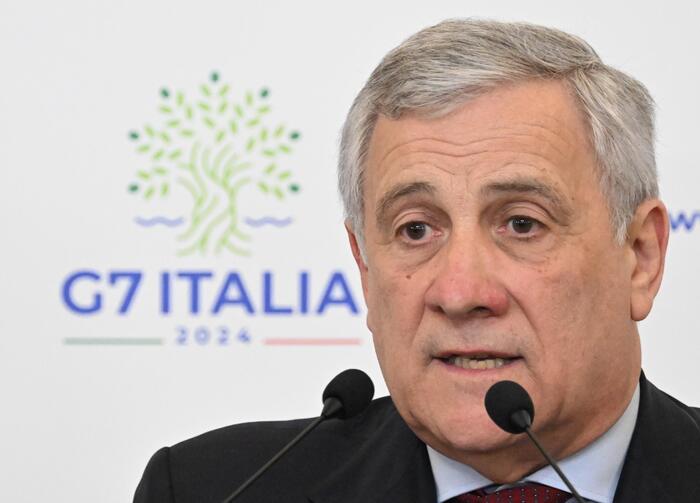Climate change will continue to weigh on our economy; Not only because of the increase in extreme events such as droughts, fires or floods, but also because of how climate change mitigation policies will impact international trade, which will increasingly demand products – and raw materials – from environmentally and socially sustainable processes.
This will affect all productive areas of our country and will have a direct impact on our global insertion. The basic requirements will include proving energy efficiency, reduction in the use of fossil fuels; low emission of greenhouse gases during the production, transport and marketing of products and services (carbon footprint); rational use of water and soil, etc. Requirements that are also already being demanded by some consumers.
In June 2022, the European Parliament approved the Border Carbon Adjustment Mechanism that will tax imported goods with a high environmental footprint. The measure aims to prevent European companies or their subsidiaries from locating in countries with less demanding regulations and controls. This will affect exports of greenhouse gas-intensive products, such as iron, steel, cement and fertilizers, and spread to others, such as timber, paper and food. The impact will be greater when agricultural goods are incorporated and direct emissions from the entire product chain are considered.
The European Parliament also agreed on a new law on deforestation-free products that includes, among others, livestock and soy, including those containing, fed with, or manufactured using raw materials (such as leather). Similar proposals are being discussed in the United States, the United Kingdom or Japan.
The auto industry – which aims to be carbon neutral by 2050 – will require its suppliers that the metals they use are not only low in carbon, but that they are extracted sustainably.
These measures are seen by some as disguised restrictions on trade and direct interference in the sovereign power of nations to manage their natural resources.
Perhaps they have some reason, but regulations, strict controls, traceability certifications and environmental protection standards are elements of legal certainty that will allow us to access increasingly demanding markets, while taking care of our resources. For this, it is key to implement them with agile, transparent and anti-bureaucratic methods.
It is "the world" that will decide whether or not to buy our products. We must then decide if we provide them with the products they want or look for other customers who will pay us less for products without verifiable traceability.
Immersed in the crisis we are in -0% GDP growth, inflation above 100%-, the global climate agenda represents an opportunity for the generation of new jobs and the growth of Argentina if we manage to position ourselves as a reliable supplier of sustainable goods and services; What a task in a country that has promoted more the extraction of its resources than the generation of value chains.
The necessary transformation of the productive sectors will require a proactive State policy and can be leveraged by channeling international cooperation by enhancing the flow of climate finance. It is imperative to integrate sustainability into our development strategy.
See also
The heavy legacy of Kirchnerism
See also


/cloudfront-eu-central-1.images.arcpublishing.com/prisa/O4ILTRQ36ZGKPIXEBV4IPDGXZU.jpg)
/cloudfront-eu-central-1.images.arcpublishing.com/prisa/6YOQKRNM2VFEDJ77EV4BG7TTOQ.JPG)











